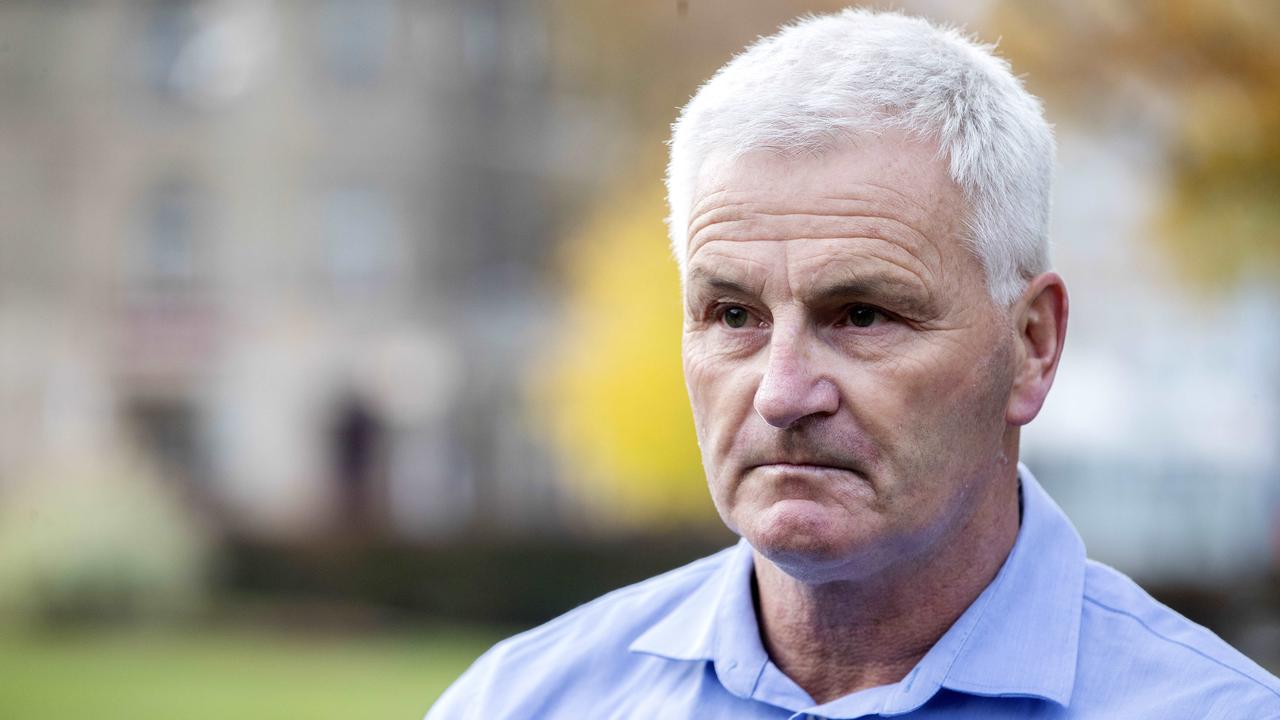State government launches new Check in TAS card for Tasmanians unable to access app
A new card that allows people without mobile phones to check in to Tasmanian venues has been launched a week out from the border’s reopening in a bid to track the virus. LATEST >>
Coronavirus
Don't miss out on the headlines from Coronavirus. Followed categories will be added to My News.
A FREE new Check in TAS card is now available for those who are unable, or unwilling to use their mobile phones for Covid check-ins.
The card will contain a unique QR code that can be scanned by staff members upon entering a business, office, or an event site.
The QR code will contain that person’s personal identification information, including phone number and email address.
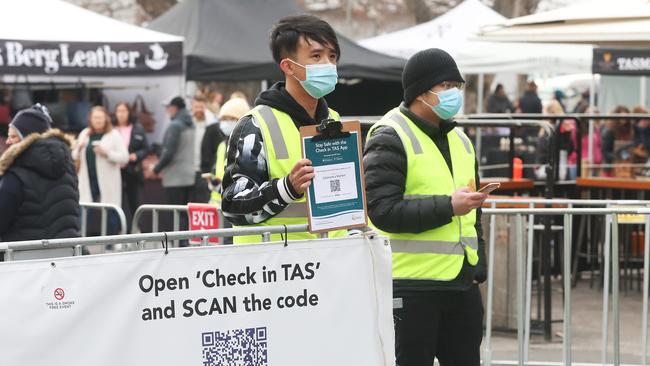
Those wanting a Check in TAS card can apply for one at the Tasmanian Government website.
Those who do not have an internet connection can instead call the Public Health Hotline on 1800 671 738 to apply for a card.
People can also apply for a card on behalf of somebody else who, for whatever reason, is unable to register for themselves.
Health Minister Jeremy Rockliff said the new card was their way of reaching more people.
“Although smartphones are the simplest and most effective way of checking in to locations, we know that there are circumstances where people aren’t able or choose not to use a smartphone,” Mr Rockliff said.
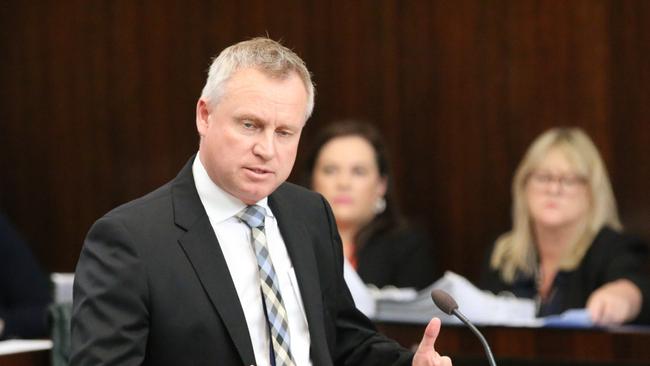
“Our number one focus remains the health and safety of all Tasmanians which is why it’s important that we do everything we can to minimise any risks to the community.
“With less than two weeks until we reopen our borders, we know that COVID-19 will soon reach our shores. Check in TAS is a tool that will support our contract tracking and tracing by identifying people that may have been exposed to a positive case of COVID-19.”
Face masks on agenda for chemists when borders open
TASMANIAN pharmacy workers and customers are expected to don masks after borders re-open in nine days in a bid to stop stores closing because staff are furloughed with a Covid-19 infection.
Pharmacy Guild of Australia Tasmanian branch president Helen O’Byrne said the guild had made the recommendaiton to its members after assessing the risk matrix.
“We made a decision we would recommend mask wearing by staff and customers as the best way forward so stores can stay open to supply essential medications across the State,” Ms O’Byrne said.
She said keeping pharmacy doors open was particularly important in Tasmania’s many one-pharmacy towns.
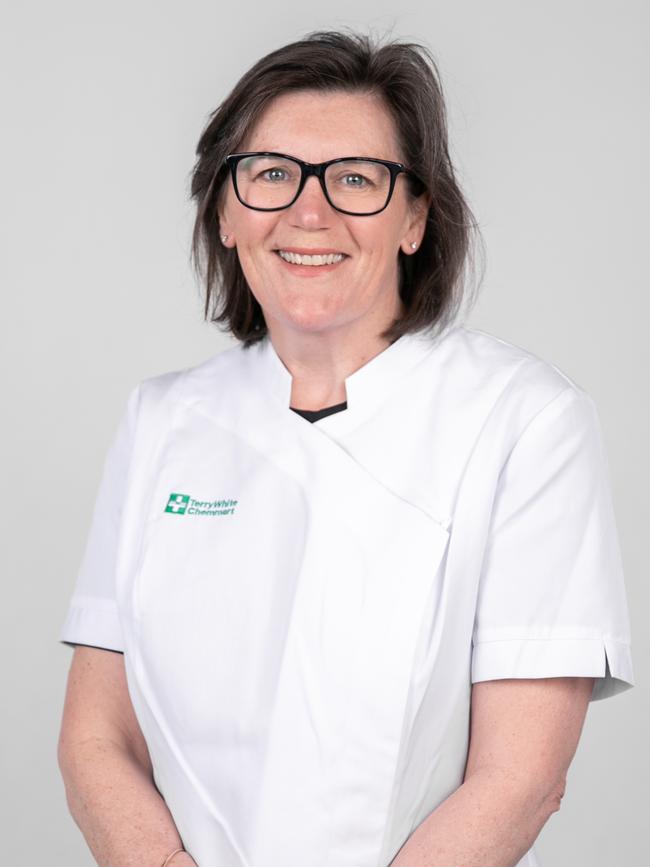
“It is only a recommendation and indidvidual pharmacies can make their own decision on the issue. But our colleagues in other states have taken this approach. We don’t want pharmacists and staff needing to isolate,” she said.
“That would be devastating for the owners of that business and the local community.
“It is the best we can recommend in the circumstances which involve no certainty and the likelihood that Covid-19 will move from a pandemic to an endemic situation.
“Pharmacies stayed open during lockdowns beecause they are an essential service and we see mask wearing as the best way to stay open once the borders open.”
Pharmacies are yet to learn if they will be approved to administer Covid-19 vaccines to five to 11 year old Tasmanians when it is likely rolled out from January 10.
Businesses’ Covid suffering set to continue
THE challenges of Covid-19 will continue to affect the Tasmanian business sector for some time yet, a leading accountant says.
Marg Marshall, who was recently named as a winner in the Tax Institute’s advisor of the year awards, said while government assistance helped many businesses, some still fell through the cracks.
“In particular, I’ve seen businesses that commenced in the period between January and March last year suffer greatly as they were not eligible for JobKeeper,” Ms Marshall said.
“Some of these unfortunately have closed their doors.
“Recovery is going to be dependent upon more than just the financial capacity of the business owner – it also requires resilience and a supportive community.
“What I’ve seen in the Tasmanian business community in the last year is a willingness to dig and help each other out.
“It’s the Tasmanian way – we do like to help our own and that’s been so evident through the push to shop local and shop small.”
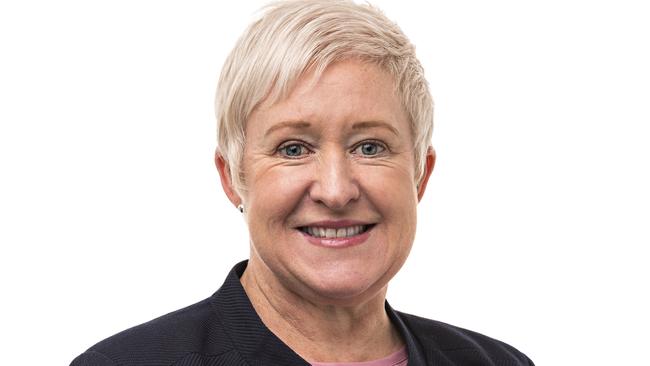
Ms Marshall said the past two years had presented challenges for businesses across many sectors, as well as not-for-profit organisations.
“While it has been heartbreaking to see people struggling, I have also been very proud of the way in which we have been able to provide support and solutions,” she said.
“As the uncertainties of Covid became apparent, people were frightened.
“They were faced with losing their income, worrying about their staff and what the future might look like for their businesses and their families.
“I encouraged our staff to share this information with anyone they knew who was running a business – regardless of where they were located.”
Ms Marshall volunteered her time to conduct webinars through the Tax Institute.
“The challenges of Covid-19 will continue to affect the business sector for some time yet,” she said.
“We will continue to work closely to support our clients and the Tasmanian community in general.
“Despite the unprecedented difficulties we have faced over the past 18 months, there are many positives that have come through and I believe we can build on these to create a great future.”
Ms Marshall, a partner at WLF Accounting and Advisory, has been an accountant for 33 years and said she was honoured to be recognised with a national award.
“I do hope it encourages others to see that Tasmanians can and do succeed on the big stage,” she said.
How Tassie GPs will change from December 15
TASMANIAN GP clinics are rolling out a range of Covid safeguards to protect staff and patients, and ensure they can remain open after the state’s borders reopen on December 15.
Some are choosing to operate dedicated, separate rooms specifically for possible Covid patients that will be manned by doctors in full personal protective equipment.
Others will require symptomatic patients to return a negative Covid-19 test before their appointment, while some are reportedly switching to telehealth only, temporarily.
But Tasmanians are being reassured that while the type of service individual GPs offer will vary, they will have continuity of care.
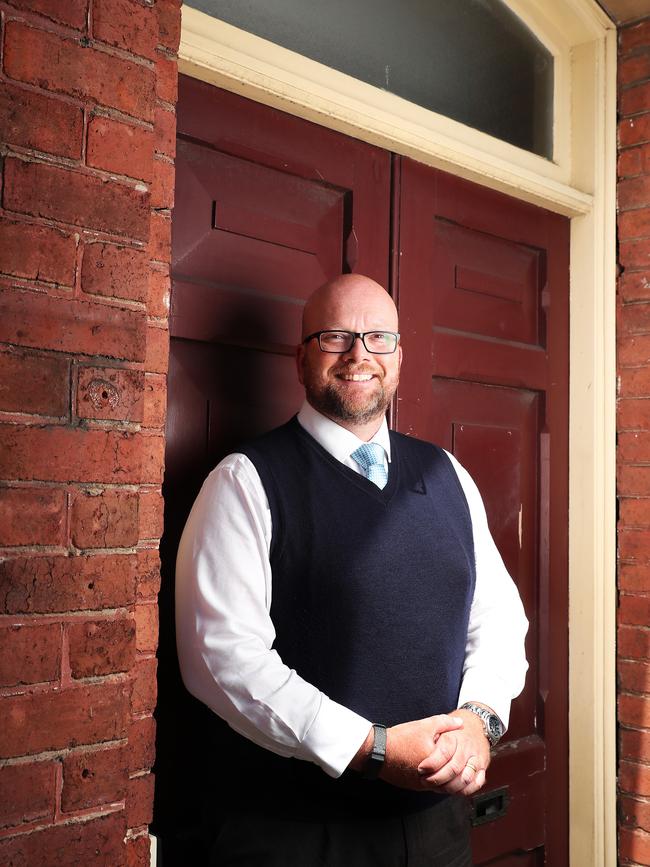
The owner of Hobart CBD clinic Treasury Medical, Scott Finlayson, is the sole GP there and under a “worst case scenario”, he would be faced with closing down for at least a week if he was a close contact of a positive case.
Dr Finlayson said the measures taken by the clinic after December 15 were designed to keep it running.
“If you’ve got any of the symptoms like fever, a sore throat or a cough then you must have a negative Covid test to protect us,’’ he said.
“But people can be asymptomatic.”
This opened up the possibility of temporary closure, especially for smaller clinics who did not have the resources of larger operations.
Dr Finlayson said he had been routinely been wearing a mask during consultations with symptomatic patients, but given the size and resourcing of his clinic, it was not possible for him to wear and regularly change full personal protective equipment.
He said there was uncertainty in the community about borders reopening, but with high vaccination rates, the state was in a good position.
“Some are really concerned. We’ve got a lot of people wanting their booster vaccine early … it’s the unknown that gets people really,’’ Dr Finlayson.
Royal Australian College of General Practitioners Tasmanian president Tim Jackson said clinics were adopting different methods depending on their resources.
“I think most practices are happy to do what they can and still see patients, but we need to do it safely,’’ he said.
“That may mean we see people in car parks or we get people to come in at special clinic times when other patients aren’t there, and we are only seeing infective people.”
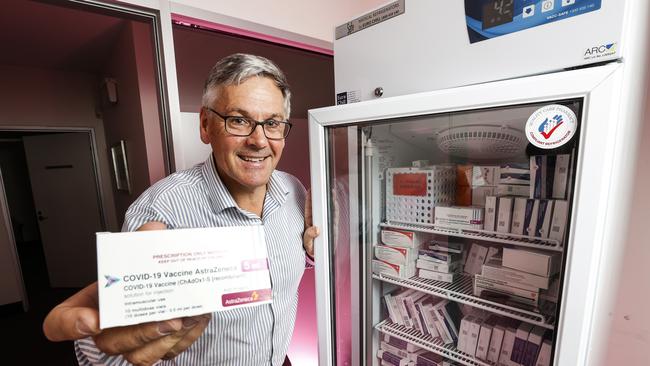
Dr Jackson’s practice, Eastern Shore Doctors, will roster GPs to don full personal protective equipment to see potentially infectious patients.
“I think everyone’s a bit nervous, but it’s inevitable that we have to open up,’’ he said.
“It’s D-Day and the main thing is to get as many people immunised as possible and we know then the amount of Covid in the community will be limited.
“A lot of preparation has gone on and we’re as prepared as we can be. If patients can understand it will be a bit different with each surgery, they are not going to be left in the dark.”
Australian Medical Association Tasmanian president Helen McArdle said national guidelines had been developed to help GPs come up with a risk assessment about the way to operate clinics once Covid was circulating in the community.
“In some cases it may be telehealth, in some cases it may be assessing people in the car park, and in some cases they may be able to separate parts of the practice,’’ she said.
“It may be that (smaller) clinics decide that they will only do telehealth because of the risk to the practice and to the individual staff members.
“One of the concerns about having to close and isolate is what happens to all your other patients, that means they won’t be able to be seen and managed and that’s where the risk assessment comes in.”
More Coverage
Read related topics:Covid Tasmania




